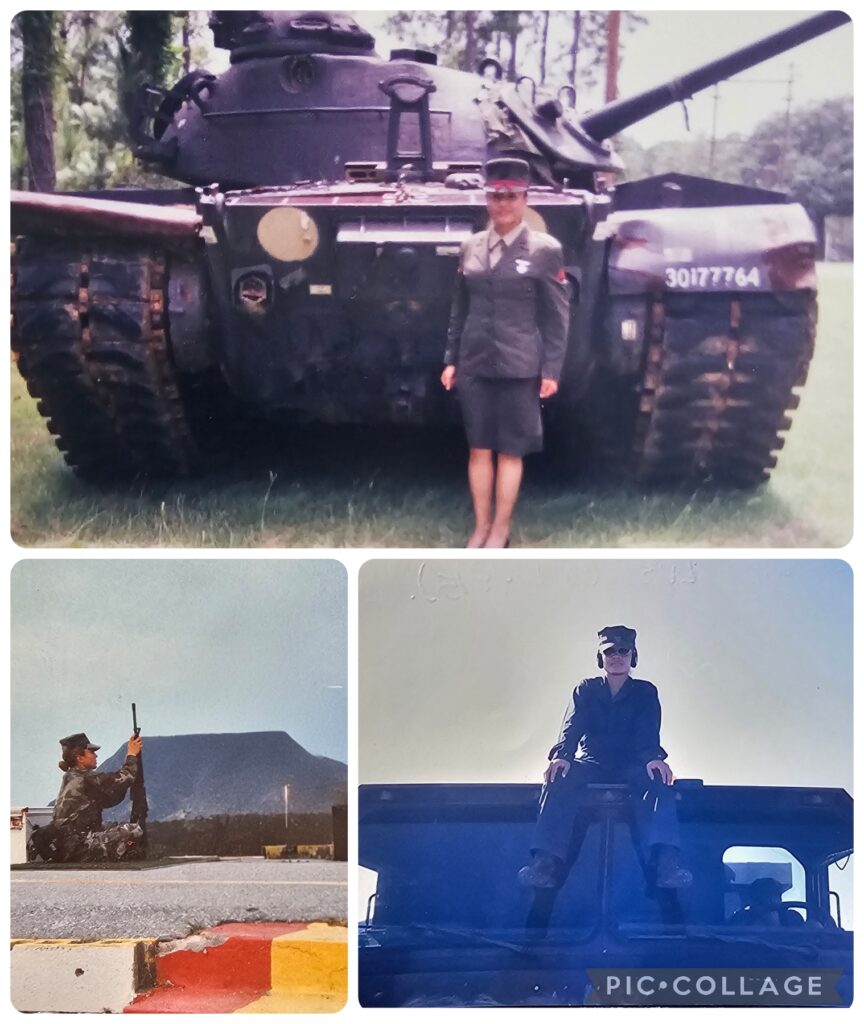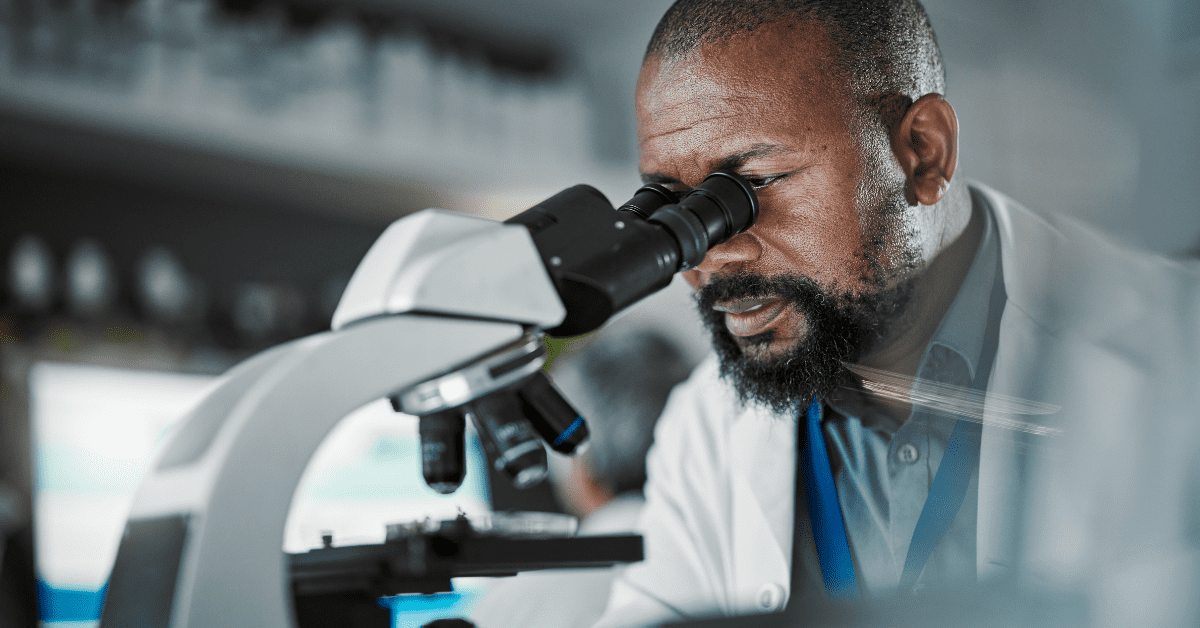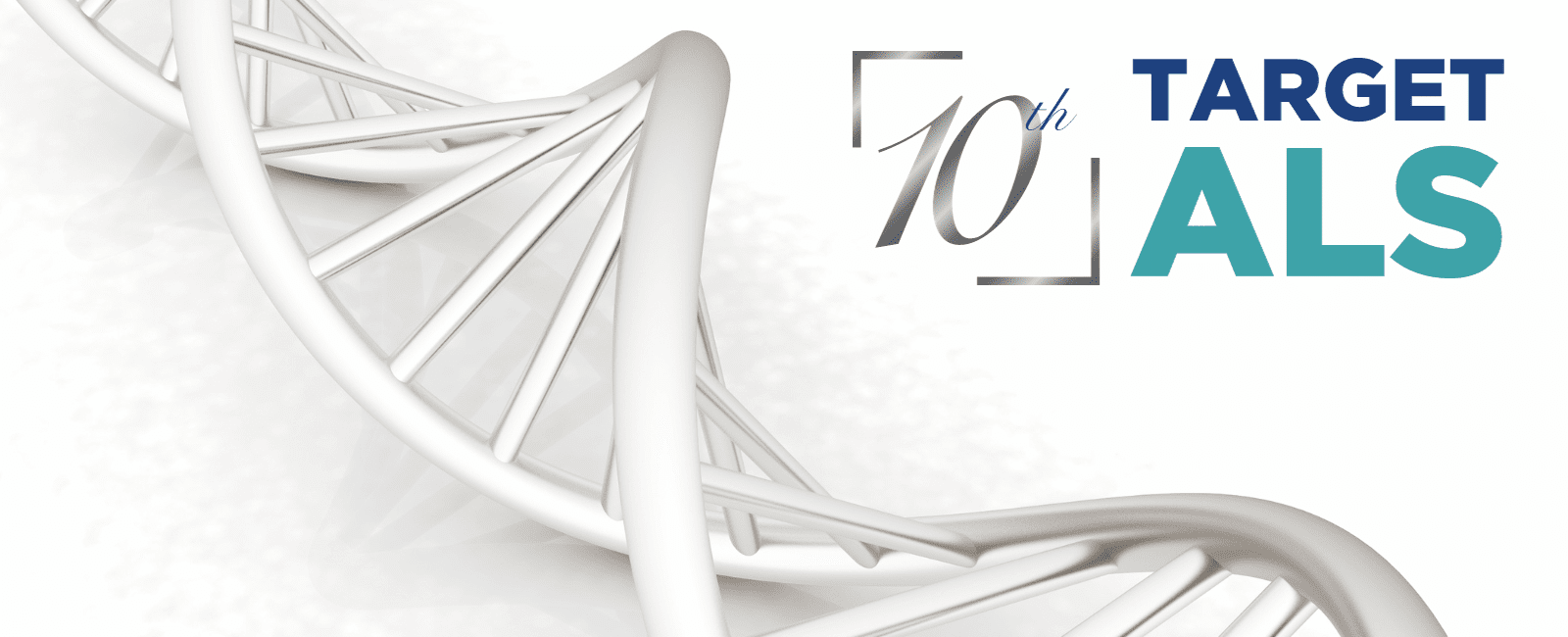
For most of us, a vial of plasma or cerebrospinal fluid is a mystery; a small, frozen tube that represents hope in scientific form. For Lizzi K. Neylon, MBA (HCM), Biobank Coordinator at Target ALS, each vial transcends its clinical form becoming a personal symbol of the individuals it represents. She’s the person who literally touches every single sample that moves through the Target ALS Global Natural History Study, tens of thousands of them, ensuring they are handled with the utmost care.
“My day starts with checking in shipments,” Lizzi explained. “I fill a container with liquid nitrogen and using the vapor phase I carefully inventory every vial that comes in. Each one has a barcode that I scan into our system. I double-check everything against the Target ALS Laboratory Information Management System (LIMS), and if something doesn’t match, we fix it together with the site coordinator.”
Every step she takes ensures that the samples researchers around the world rely on are accurate, traceable, and preserved at the right temperature. It’s a painstaking process, but one Lizzi approaches with dedication and pride.
“I document everything I do in the lab,” she said. “Once Quality Assurance / Quality Control (QAQC) is done and the samples are assigned a box and a location in the LIMS, it means they are ready for use by scientists. This is a rewarding, to know the samples are now ready to move the science forward.”
Her role also involves keeping meticulous inventory records, printing labels, and coordinating with collection sites to keep the flow of samples moving smoothly. Lizzi described how the success at Target ALS is entirely dependent on a collaborative spirit and the strength of the team. Issues and mistakes are never about blame; they are opportunities to fix things together. The site coordinators are the foundation of the operation, and without cohesion and mutual support, that foundation crumbles. She said, “Aside from that, kindness and grace is crucial in a team environment because they foster a positive, productive, and resilient working culture!”
That collaborative spirit, and calm precision, have earned Lizzi a reputation as an “incredible collaborator” among her colleagues. She has credited this to empathy and communication. “You have to work together because we’re all part of the same mission,” she said. “We’re finding solutions together.”
The scale of her work is staggering. “Right now, we’re at around 25,000 available samples,” she explained. “It’s a lot of responsibility, especially when you have to monitor the freezers constantly and be ready to respond is something goes wrong, even if it’s at 2 a.m. But prayer and purpose keep me motivated.”
For Lizzi, that sense of purpose runs deep. A veteran herself, she understands the weight of service, and the fact that veterans are at higher risk of developing ALS adds a layer of meaning to her work. “It’s meaningful because they’re part of the extended family I belong to still,” she said. “It makes me want to do my best for them, and for everyone affected.”
When she reflects on her role in the Global Natural History Study, her pride and gratitude are palpable. “I’m proud to be part of something so big,” she said. “It gives me hope that people care enough to dedicate their time and energy to making life better for those with ALS. That caring alone is powerful.”
And to those who have donated their biofluids, the lifeblood of ALS research, Lizzi has a message of gratitude. She said, “Thank you for thinking beyond yourself, it’s a testament of your strength; an incredible act of kindness, especially during such a difficult time. Your generosity will impact future generations. We’re hoping that one day, people will be able to live with ALS, or never have to face it at all. Your samples are so valued, so precious, and treated with the greatest care.”
Then, with characteristic humility, she added: “I’m just grateful they asked me to be part of this. I feel honored every day to help make a difference.”




